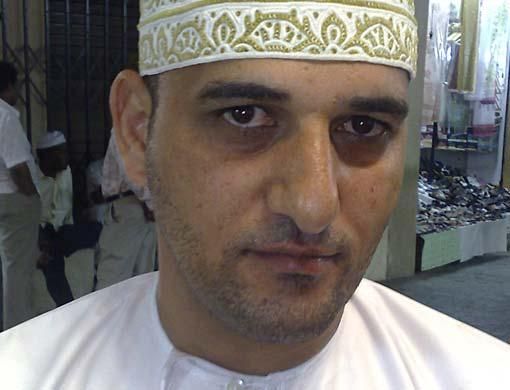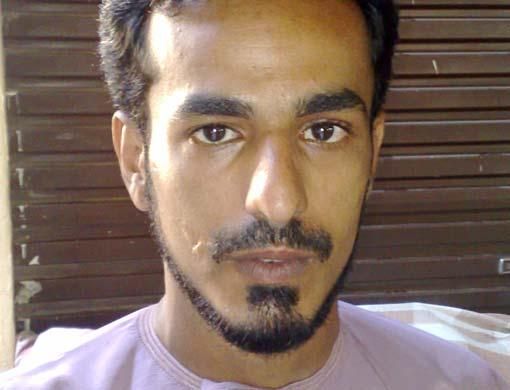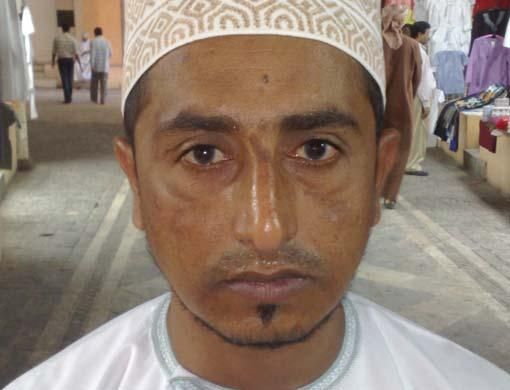Muscat: Flipping through Oman's newspapers or driving down its roads will reveal a lively campaign for the Majlis Ashura elections.
Portraits of men and women before a coloured backdrop can be seen on almost every street and every newspaper. But this is not a typical campaign, as not one candidate has publicly made any election promises.
Campaign posters show the candidate's portrait, name, constituency and sometimes a slogan, leaving voters with only that information to choose their preferred candidates.
Some Omanis say that encourages voting among tribal lines, and while a few say that tribal voting is the ideal form of representation, others are not in favour of it.
Saif Al Jabri, 30, who works at the Ministry of Housing, said all that mattered to him was which tribe the candidates represented.
"The chief of my tribe has decided who will run to represent us, and we will all follow him in voting for him," he said.
Although he would not consider it wrong to vote for someone outside his tribe who was found to be more deserving of the Ashura seat, he said he would not break tribal solidarity. "I wouldn't want to get involved in tribal politics or upset the chief," he said.
Promises
While candidates say they have been asked not to make promises in their campaigns, some point out that there is no use in making promises that cannot be kept.
The consultative council, they point out, is just that, and has no legislative powers.
"They keep telling us they don't have enough powers to make promises. Then why run?" said an elderly man who did not want to be named. "I won't vote until candidates have a real agenda and are not just looking for self promotion and tribal superiority," he said.
Khalid Al Salmani, 29, from Ibri believes the Ashura council has made significant changes in the everyday lives of Omanis.
For him, tribal voting is the best way to ensure that "everyone" is represented. "How will someone from another region or tribe know what the needs of my tribe are?" he questioned.
Hamad Bin Ali, who would not vote because "other people will vote", said that tribal loyalty and tribal pressure played a significant part in voting.
"If I were voting I would certainly not vote on tribal lines. That's counterproductive," he said.















